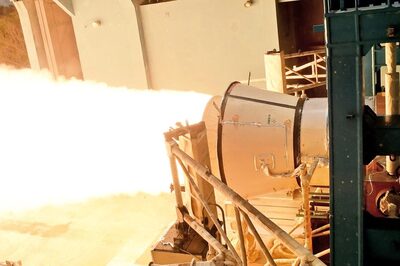
views
After Bt-Cotton, it is the turn of Genetically Modified (GM) Mustard to enter the Indian market - a project of Indian research scholars from public-funded institutes including the Delhi University and the Indian Council of Agricultural Research (ICAR).
“There is no private company involved in the development of this crop and each stage of development of the crop is being documented and videographed to allay public fears over the consumption of the GM foods,” said Dr.
Swapan Kumar Datta, deputy director general (Crop Science), ICAR, at the ongoing biosafety meet at the HICC here Tuesday.
In a meeting on development of the GM foods and regulations in order to ensure biosafety, scientists and government representatives discussed the need to translate transgenic products as commercial products, accessible to farmers.
“Though genetic engineering is a technique of last resort to develop crops with additional attributes such as pest and drought resistance,” said Dr.
Kiran K.
Sharma, principal scientist of International Crop research Institute for Semi-Arid Tropics (ICRISAT) Hyderabad.
Calling Bt-Cotton a success story in India, former chairman of the Agricultural Scientists Recruitment Board (ASRB) of the Indian Council of Agricultural Research (ICAR) and former co-chairman of the Genetic Engineering Approval Committee (GEAC) C.
D Mayee said, “There have been no negative effects of cultivation of Bt- Cotton in a decade and there are unlikely to be any.
I have observed only positive effects of Bt-Cotton which gives farmers an opportunity to grow a second crop without the possibility of any bollworm infestations.
It is due to Bt-Cotton that we have become exporters of cotton in contrast to two decades ago, when we had to import around 3 million bales of cotton.
”




















Comments
0 comment